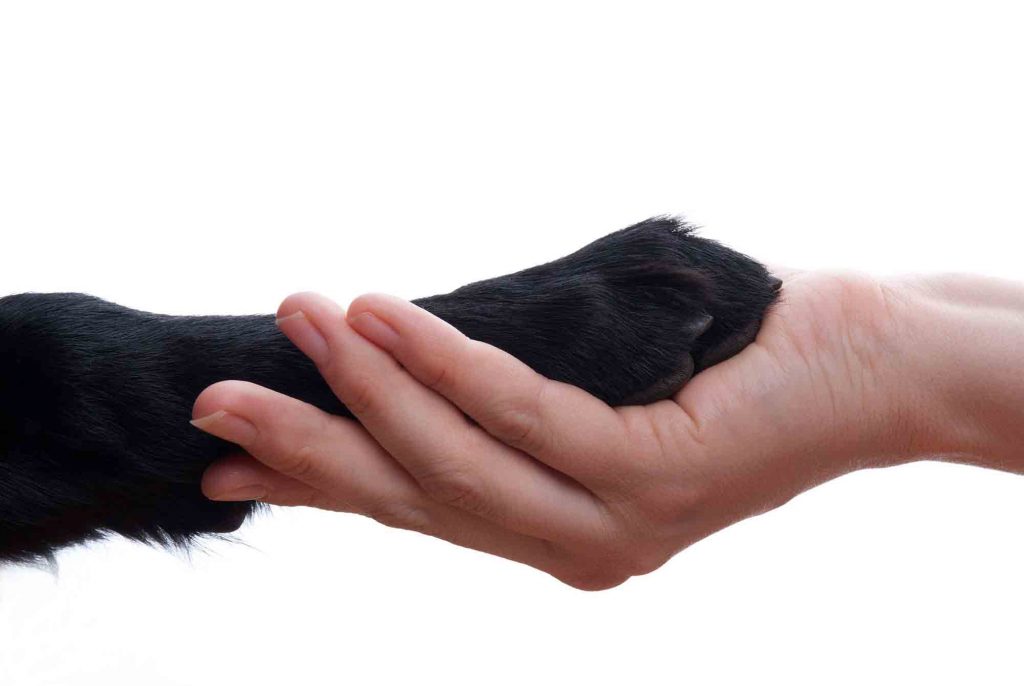Changing Tides: Michigan’s Animal Abuse Laws
 Companion animals enjoy an elevated status in our modern society as compared to previous generations of their peers; for the most part. Many American pets are pampered with the best in medical and dental care, top of the line food and treats, specialty pet clothing, and most importantly the love and devotion of their human family members.
Companion animals enjoy an elevated status in our modern society as compared to previous generations of their peers; for the most part. Many American pets are pampered with the best in medical and dental care, top of the line food and treats, specialty pet clothing, and most importantly the love and devotion of their human family members.
Unfortunately, not all animals are fortunate enough to receive the best that humans have to offer; indeed many of them experience the worst. In honor of World Animal Day, OVRS would like to shine a spotlight on Michigan’s animal abuse laws, and how they are working to help pets such as Amira, a puppy that was found abandoned with a severe neck injury and brought to us by a Good Samaritan in August 2017. Amira’s attacker is being prosecuted, and new legislation may prevent pets like her from ever entering the hands of would-be abusers in the first place.
What Is Animal Cruelty?
Animal cruelty is defined as the infliction of harm or suffering by humans to any non-human animal, either intentional or unintentional. Animal cruelty can be classified in one of two ways, according to the Humane Society:
- Direct violence – Wounds, scars, limping, and other signs of pain can indicate an animal has been the victim of violence. Animals that have suffered this type of abuse may also display behaviors such as hiding, walking with head and tail down, or visible fear of humans (although these behaviors alone are not necessarily conclusive of abuse).
- Neglect – Any time an animal’s basic needs are neglected, whether on purpose or not, it is considered animal cruelty. Signs of neglect can include untreated illnesses or injuries, poor living conditions (being left outside in bad weather, filth, overcrowded conditions), malnutrition (bones visible through skin), and very poor grooming.
Michigan’s Animal Abuse Laws – New And Improved
Michigan lawmakers recently passed a package of bills intending to keep pets away from known animal abusers. The bills, called Logan’s Law after the case of a Siberian husky who was blinded by an acid attack in 2012, allow animal shelters to conduct criminal background checks on prospective adoptees to determine whether someone has a history of animal abuse before allowing them to adopt a pet. The shelter can deny a person convicted of animal abuse the right to adopt a pet unless a period of 5 years has elapsed since the date of their conviction.
Other important aspects of Michigan’s animal abuse laws include:
- The intentional abuse of an animal is a felony punishable by up to 4 years in prison.
- Animal neglect (failure to provide care) is considered a misdemeanor, and becomes a felony for a second or subsequent violation.
- Anyone charged with animal cruelty may be ordered to pay for the medical care, housing, and other costs associated with caring for the animal victim. They may also be ordered to receive a psychiatric or psychological evaluation and attend therapy.
How To Help
Animal cruelty is a true tragedy, and many of us wonder what we can possibly do to help. Fortunately, there are a variety of ways you as an individual can positively impact the lives of abused and neglected animals in your community:
- If you know or suspect that an animal is being abused or neglected, report it immediately by contacting your local law enforcement office, 911, or the Michigan Humane Society cruelty hotline (313-872-3401).
- Spread the word about the proper, humane treatment of animals by talking to friends and family, educators, and on social media.
- Get a new puppy or kitten from a shelter, rescue or breeder that you know treats the animals well. Don’t buy pets from puppy or kitten mills, many of which are illegal, or from pet stores or sellers that support them.
- Get involved in local or state government or lobbying efforts to improve the quality of life for animals.
- Teach children respect for animals at a young age by involving them in the care of family pets, discussing proper treatment of animals, and modeling kindness towards animals.
- Donate your money, time, or resources to organizations that work to end animal cruelty, such as The Humane Society, Michigan Anti-Cruelty Society, and other local rescues and shelters in your area.
We are thrilled about the direction that Michigan’s animal abuse laws are going here at OVRS though there is no perfect solution. If you’d like to share your thoughts, let us know by posting or commenting on our Facebook page.


